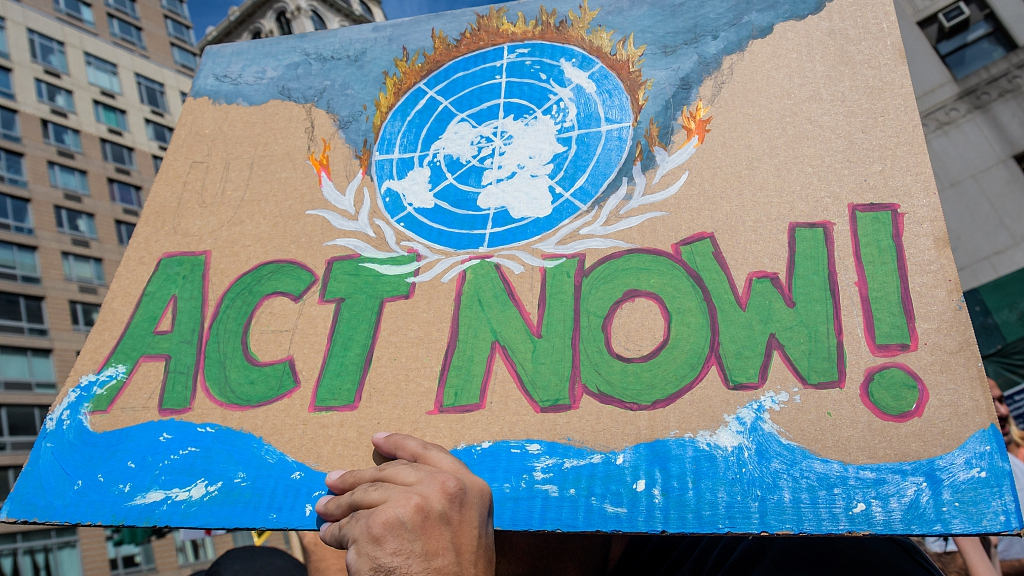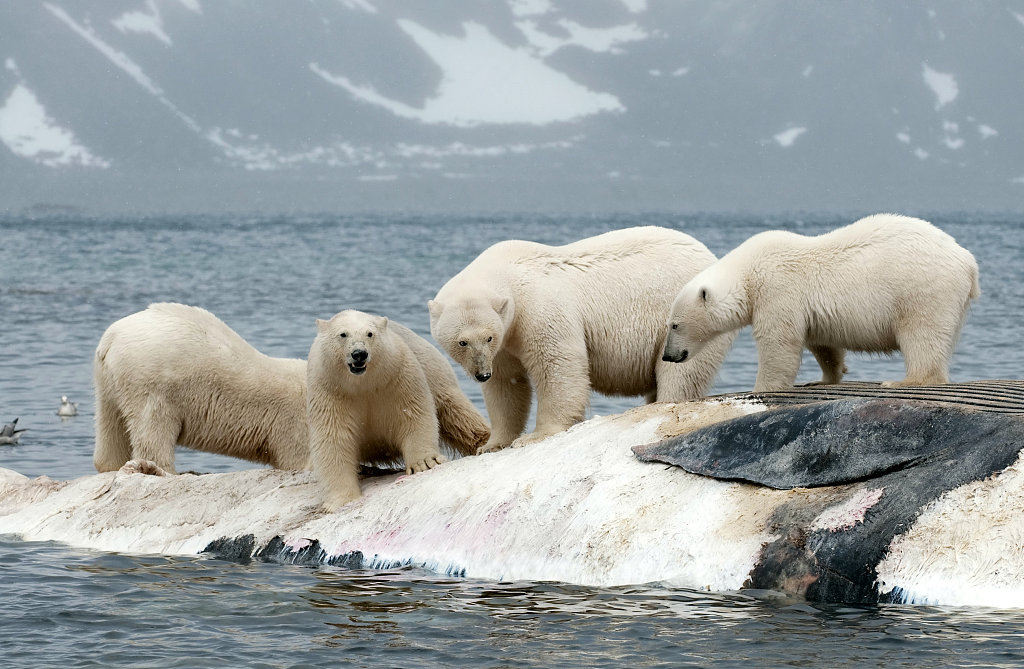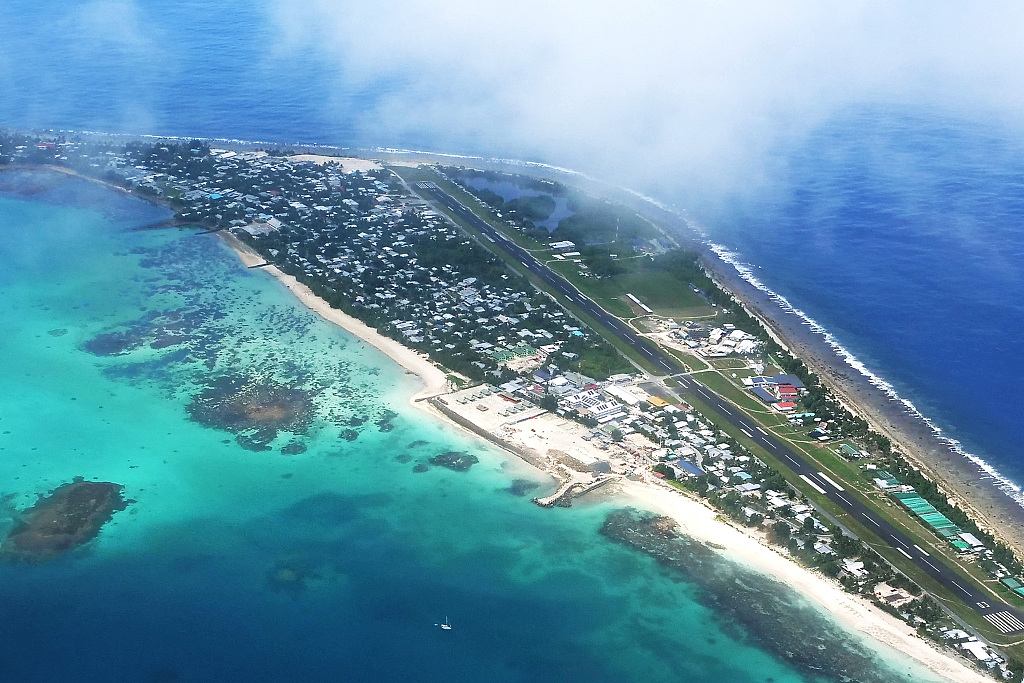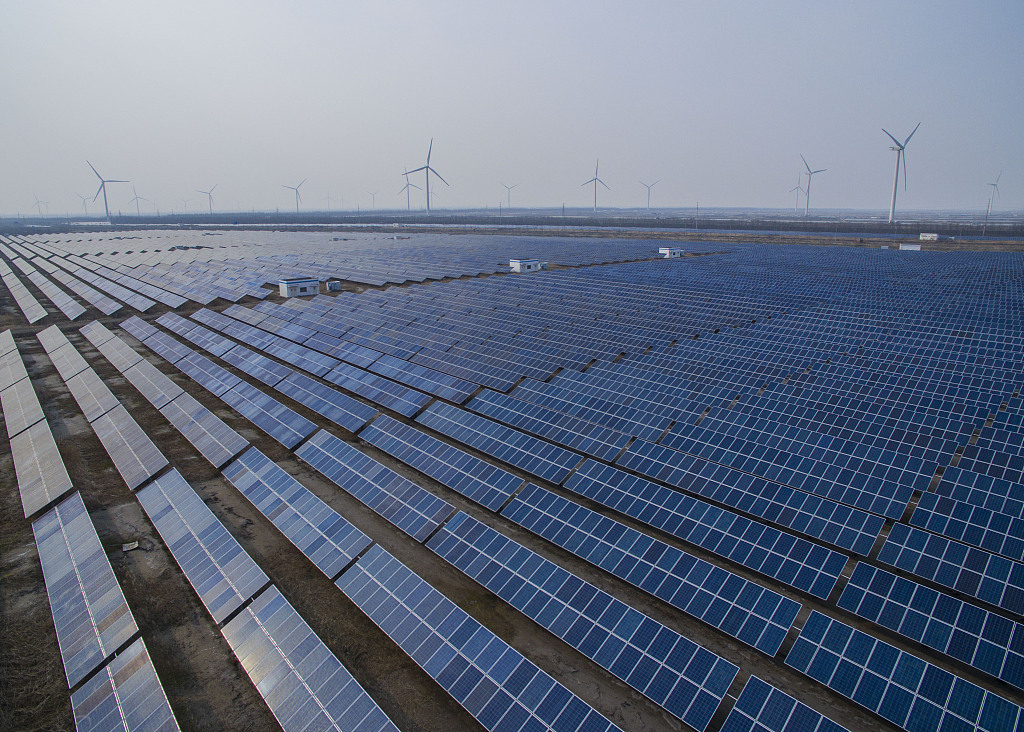
A sign calling on world leaders to "Act Now" is pictured during the Global Climate Strike in New York, September 20, 2019. Millions are estimated to have taken part in protests worldwide. /VCG Photo
A sign calling on world leaders to "Act Now" is pictured during the Global Climate Strike in New York, September 20, 2019. Millions are estimated to have taken part in protests worldwide. /VCG Photo
With the climate crisis topping the agenda worldwide and millions taking to the streets in recent days to demand action, world leaders are meeting on Monday in New York for the UN Global Climate Summit.
What will be the big issues and what outcome can we expect?
The summit comes in the wake of two reports by the Intergovernmental Panel on Climate Change (IPCC) this year that updated guidelines on how to estimate greenhouse gas emissions and also looked at ways in which better land management can help counter climate change.
Experts have warned that we are in a race against time to prevent temperatures from rising more than 2.0 degrees Celsius – or ideally, 1.5 degrees – above pre-industrial levels.
Achieving this will require slashing CO2 emissions by 45 percent from 2010 levels by 2030, and cutting them down to "net zero" by 2050, an IPCC report known as SR 1.5 said last year.

Four male polar bears are pictured on the island of Svalbard, Norway. /VCG Photo
Four male polar bears are pictured on the island of Svalbard, Norway. /VCG Photo
Failing to keep global warming in check, on the other hand, will result in rising sea levels, more extreme weather patterns – from storms to droughts – increased melting of Arctic ice and the near extinction of coral reefs, among other things, the report noted.
Despite commitments to cut them, global carbon emissions last year reached an all-time high of 37.1 billion tons, up 2.7 percent from the previous year, according to the Global Carbon Project.
Just months before the Paris Agreement is due to come into force in 2020, the summit is being seen as a major test of countries' commitments to tackle the climate emergency.
Most of the 193 member states of the United Nations are expected to attend the one-day meeting, held ahead of the annual UN General Assembly's general debate on September 24-30.
About 60 of them are scheduled to speak, including China, France, Britain and India, according to the Financial Times (FT).
On the list of speakers are also a number of small island nations, whose low-lying location puts them most at risk of rising sea levels and natural disasters like typhoons or tsunamis.

The capital of Tuvalu, Funafuti, is pictured on August 15, 2018. Island nations like Tuvalu threaten to be submerged as sea levels rise. /VCG Photo
The capital of Tuvalu, Funafuti, is pictured on August 15, 2018. Island nations like Tuvalu threaten to be submerged as sea levels rise. /VCG Photo
Notable exceptions however will include the United States, which under the Trump administration has said it will withdraw from the Paris Agreement; Brazil, whose government has denied the existence of a climate crisis; and Saudi Arabia, which has lobbied the UN to ignore the IPCC's SR 1.5 report.
Other major economies like Japan, Australia, and South Korea have not been invited to speak either. According to the FT, this was due to member states refusing to obey UN chief Antonio Guterres's demands that they stop building new coal-fired power stations and commit themselves to net zero emissions by 2050.
What is China's position?
China is expected to demand further funds for developing countries in fighting climate change. In a statement published last week on its website, the Ministry of Ecology and Environment of the People's Republic of China noted that: "Climate finance is one of the major aspects of effective tackling of climate change."
"As the largest developing country, China is also entitled to funds support," it said, adding "China urges the developed countries to honor the commitment of US$ 100 billion allocation each year from 2020 on to support the developing world in addressing climate change."

A photovoltaic power generation project is pictured in Nantong City, Jiangsu Province, China, March 11, 2017. /VCG Photo
A photovoltaic power generation project is pictured in Nantong City, Jiangsu Province, China, March 11, 2017. /VCG Photo
China's carbon emissions have exceeded any other nation in the world in the past few years, but the country has also won praise for its massive investment in renewable energy, including solar power, and in electric cars, while clamping down on gas-guzzling vehicles.
Last year, clean energy made up over 22 percent of China's total energy consumption, up from about 14 percent in 2012, while the share generated by coal dropped from about 69 to 59 percent, according to the ministry.
What will the summit achieve?
Although the Paris Agreement represented a major step in getting countries to tackle climate change, the emissions targets they agreed to in 2016 will still see temperatures rise by at least 3.0 degrees Celsius, and experts say most countries are exceeding these pledges.
The hope now is that states will agree to revise their targets at Monday's summit.
"We are losing the fight against climate change," Guterres warned at a press conference last week. Already when announcing the summit last year, he urged: "The leaders of the world need to step up."
Ahead of Monday's meeting, he was cautiously optimistic: "I expect that there will be the announcement and unveiling of a number of meaningful plans on reducing emissions in the next decade and achieving carbon neutrality by 2050."
According to a new IPCC report on oceans due to be released on Wednesday, sea levels will rise several meters in the next few decades, even if global warming remains under 2.0 degrees Celsius. Areas that will end up under water are currently home to some 280 million people.